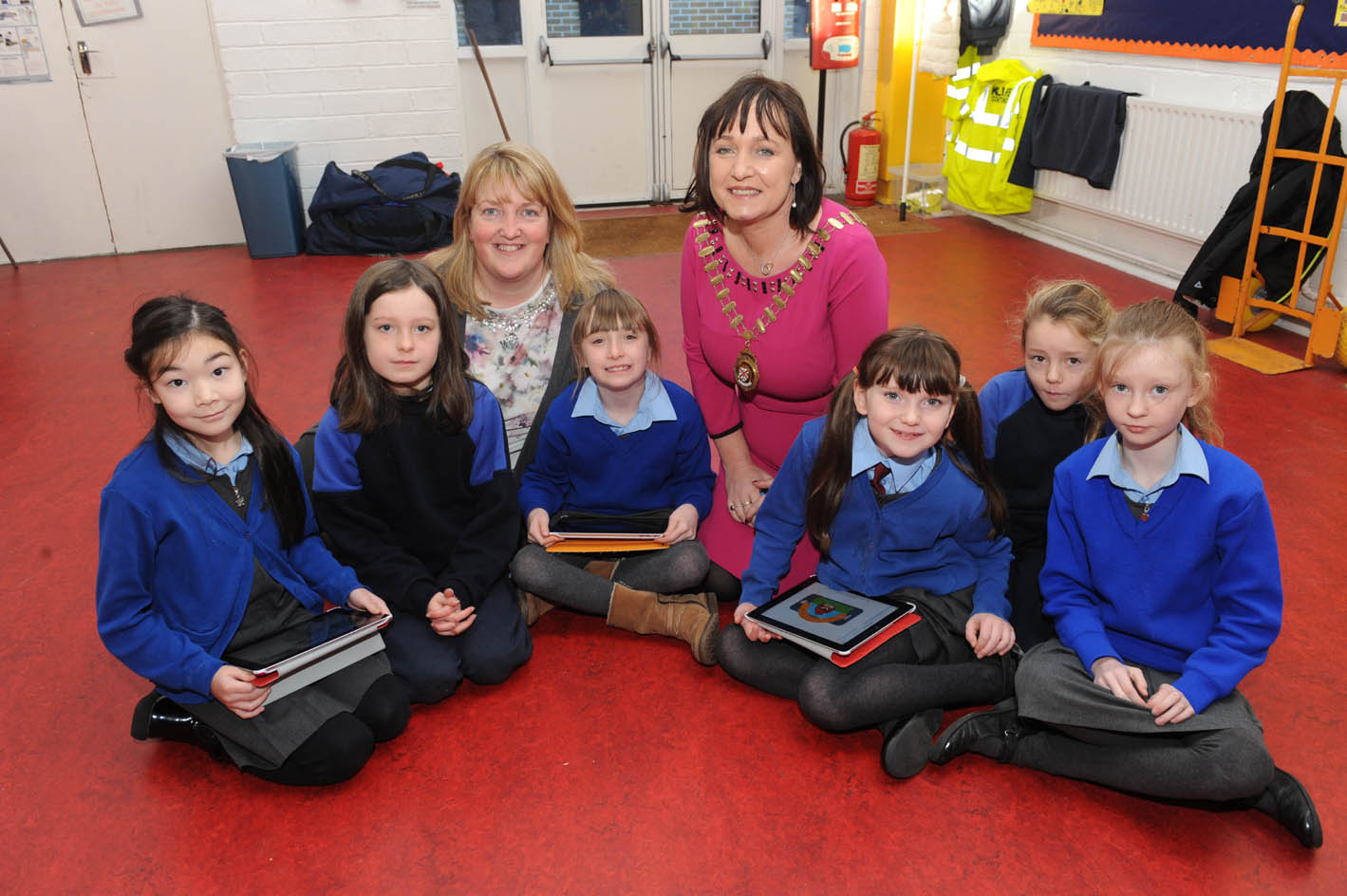
I believe in the transformative power of education, and its power to change lives. We need to place more emphasis on developing transferable skills, to teach young people how to live life and make decisions for themselves. In our society, education must be properly used as the powerful tool it is: as a means of escaping the poverty trap and levelling inequality.
So much of our progress in this country has been built on education. But the advances we have seen have been eroded, and in some cases, wiped out in recent years. Education is about so much more than progress to third level and academic success: Every citizen can benefit through better skills, self-development and contributing to the community. I’d love to see the concept of ‘giving back -supporting others’ coming in: the idea of the traditional ‘meitheal’, coming together to support each other and we can do that through education.
As a former teacher myself, I can honestly say that class sizes and teacher pupil ratios are the big issues for Irish primary pupils and their parents. I want to see class sizes reduced – as a teacher there is nothing worse for pupils than being crowded out in a big class, where they are not getting the attention they not only deserve, but are fully entitled to. Cutbacks in education are regressive and damaging to the future of our society: what we take away now, we will never be able to get back. Any investment in a child is an investment in our society and its future.
In Kildare, the statistics on our class sizes make for difficult reading. The percentage of Kildare pupils in classes of less than twenty is 3.5% - the national figure is 10.2%. A quarter (25.2%) of our pupils are in classes of over 30 pupils – this is the ninth highest figure in the State! We also have a high level of disadvantage, as shown by the number of DEIS schools – again the figure is ninth from the 26 counties. Another shocking statistic shows Kildare had one of the lowest rates of progress to third-level among school leavers last year, at 74.6%. (Dublin 6 had 92%!) In some DEIS schools, the figure has been as low as 30% - that’s a worrying 70% of school leavers with no third level progress.
These figures paint a stark picture of the inequality that is deeply rooted in our county, where we have towns with children attending schools, side-by-side, with the chances of a bright future wide open for some and categorically closed for others. We need to look at implementing curriculum reforms, increasing teaching hours, increasing supports for special needs pupils and crucially, reversing the cutbacks to guidance counselling in secondary schools.
Some children need extra supports. The guidance counsellor’s role in helping students, in identifying vulnerable or troubled children can never be emphasised enough. We need those hours, dedicated to helping our children, reinstated – to support not only the pupils, but also the staff by ensuring a healthy school environment. The home school liaison programme is a very worthwhile one in helping address challenges collectively through home, school and community.
Again at third level, it’s a question of resources, of maintaining standards. Irish universities have been consistently descending the international university rankings, and every year when the figures are published, we are told again and again, it’s because of staff numbers and funding delivered to research. We know we have world-class universities – but cutbacks continue to damage their international reputation, which impacts on foreign direct investment. We also need investment at fourth level to enhance the Irish brand of excellence in research and further education.
Right now, our education system is a mirror to our society. And with schools struggling to make ends meet, principals worried about how they will pay bills, parents constantly pressured to fundraise for basic equipment, teachers fighting to do their job in overcrowded classrooms, high levels of exclusion for school leavers – this is nothing less than crisis. And our children, our future, deserve more than that – they deserve equality, that every child will get the same chance; the future of a child at five years old should not already be written in stone.
